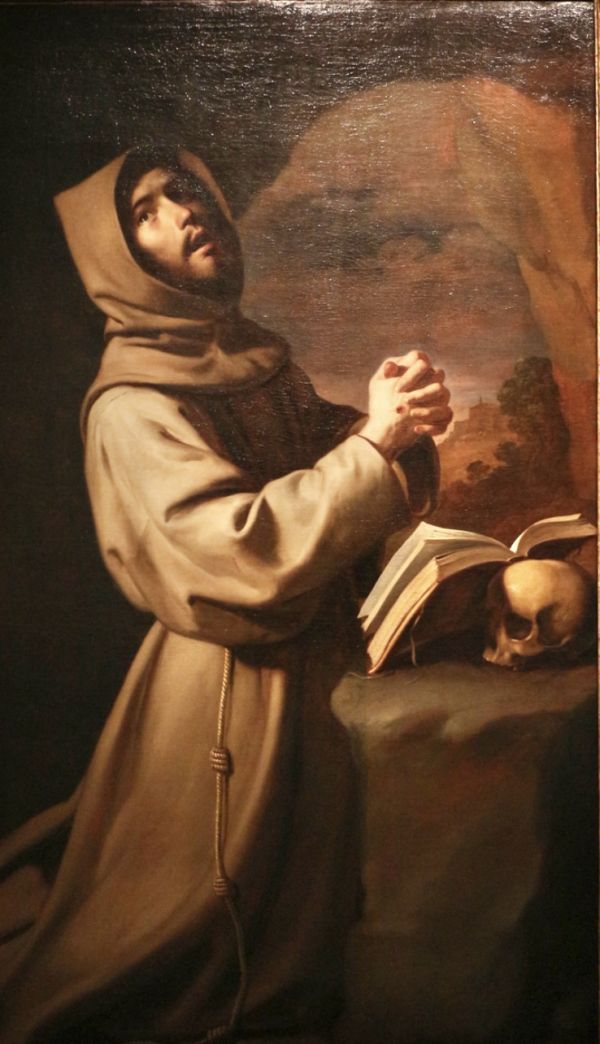(Jn 17:1-11a)
Even in the fourth Gospel the Last Supper is followed by Jesus’ prayer, but unlike the Synoptics, Jn places it in the same Upper Room.
In the narrative of the first three Gospels, several notes tell of the Lord's intimate repugnance to the Cross - from which, however, He does not shy away, from which He does not allow himself to be overcome.
Here He only asks the Father for the indestructible quality of the Life of the Eternal in favour of his own, who have already come to know the intimacy of God: it opens up every reverberation.
To acknowledge the Son of Man as Lord is to accept a new form of existence in the Spirit.
Like a Wind that [regenerating us from within] makes itself the medium and continuer of the work of creation.
We are witnesses to a founding, glorious Relationship, that is of such value that it reactivates all destiny - beyond concatenations.
Such a platform overcomes the sense of unworthiness.
On it, here we are enabled to become passionate ‘inventors of roads’ everywhere.
Introduced into a Communion which is already here and now «Life of the Eternal» (vv.2-3). It comes from the ‘knowing’ the Father and the Son.
And it is concentrated in an Hour (v.1): an allusion that had run through the entire fourth Gospel.
Jesus' existence converges in the fruitful rawness of that point, which gives depth to everything.
The text differs from previous catecheses in that it is more amicable than teaching.
The Master retraces his story as a commitment to manifest the Father, to make us become signs of his Face.
Christ understands that the children are subject to seductions, and they risk losing the meaning of the believing in Him. Indeed, they still find it difficult to understand that Glory is not the fruit of worldly victory.
«Glory» in Jn stands for the manifestation of the Face of Eternal Love in the raising of the Cross.
Presence of the God-With - unveiling of His confidence, understanding, tenderness, recovery of opposing sides.
In this way, Glory of the Risen One is not a Relationship that remains closed in Heaven, between Father and Son.
The latter has given his intimates the «Name» (vv.6.11) i.e. revealed the Father and given access to his real Person - including the struggles undertaken.
Person who feeds us with the Word, and the sense of His events.
Such an unmistakable Voice reminds that every travail can lead us deeper with Jesus into the Glory and eternity of the Father.
God's intimate life is intensity of understanding; reciprocity that flows into expanded, open, fervent union, tending to transmute every tribulation into an appeal to new kabôd-glory.
It is about the specific [qualitative] weight that the believer assumes in a Heaven also perceivable by the senses.
Any difficulty, anguish, insecurity, now even becomes a point to converge on.
Like the Lord, the disciples do not go to death, but to the Way of complete Life that annihilates distance.
All this through a unity that deflects habits and puts one in touch with the energies of the intimate primordial bond, source-and-culmination, Father-Son.
[Tuesday 7th wk. in Easter, June 3, 2025]












